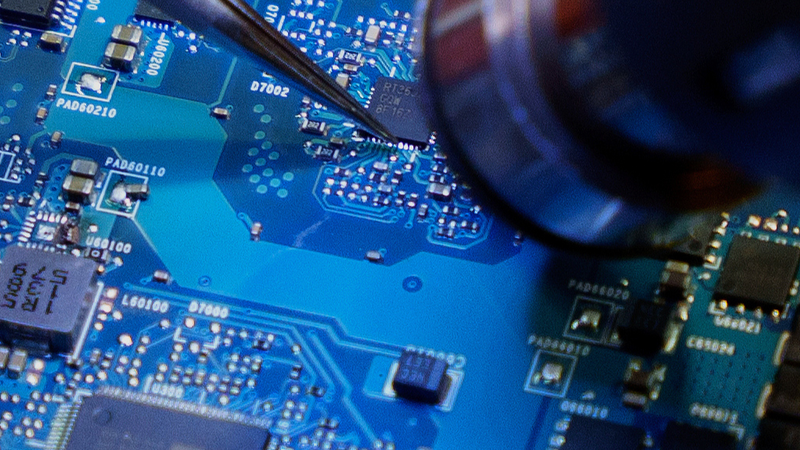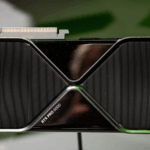New Legislation Raises Questions Over Security vs. Control
A proposed U.S. law requiring location-tracking modules in advanced semiconductors has ignited debates about national security, technological sovereignty, and global trade dynamics. The Chip Security Act, introduced in May 2025, mandates that export-controlled chips include mechanisms to prevent unauthorized transfers—a move critics argue could destabilize cybersecurity frameworks and strain international relations.
The H20 Chip Controversy
Chinese regulators have intensified scrutiny of U.S.-made H20 chips, alleging potential "backdoors" that risk unauthorized data access. Authorities recently summoned tech giants ByteDance, Tencent, and Baidu to justify their reliance on these chips, with state-affiliated media calling them "unsafe" and urging exclusion from sensitive sectors. Analysts warn such tensions could reshape supply chains for AI development and cloud computing.
Balancing Security and Innovation
While U.S. lawmakers frame the Act as a safeguard against diversion to strategic rivals, cybersecurity experts caution that embedded tracking features might create new vulnerabilities. "Hardware-level surveillance risks becoming a double-edged sword," said Jessica Durdu, a foreign affairs specialist. "Policymakers must weigh transparency against the unintended consequences of overreach."
As AI chip demand grows, the legislation’s ripple effects—from corporate compliance costs to diplomatic friction—are poised to redefine tech governance in an increasingly interconnected world.
Reference(s):
cgtn.com








